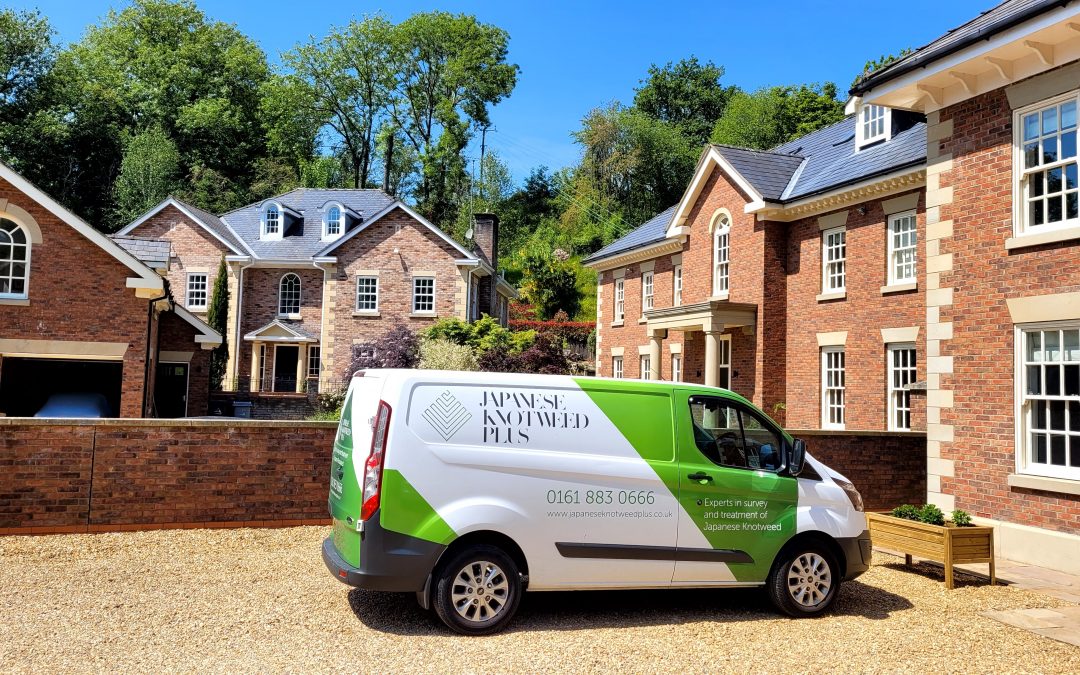Can I Still Sell My House If I Have Japanese Knotweed In My Garden?
If you’re wondering if Japanese Knotweed can affect your chances of selling your house, this article has everything you need to know. Read on to learn about the risks, solutions, and legal requirements involved.
Japanese Knotweed is a fast-growing invasive plant species that can cause damage to buildings, roads, and other structures. It’s also known to affect the value of properties, and can sometimes deter potential buyers from making an offer. If you’re a homeowner who’s wondering, “Can I still sell my house if I have Japanese Knotweed in my garden?” you’re not alone. In this article, we’ll explore the different factors that come into play when dealing with this issue, and give you some actionable tips on how to handle it.
Can I Still Sell My House If I Have Japanese Knotweed in My Garden?
Yes, you can still sell your house if you have Japanese Knotweed in your garden, but it can be a bit more complicated than selling a property without this invasive species. Here are some of the things you need to know if you’re considering putting your house on the market:
Legal Requirements:
Under the Wildlife and Countryside Act 1981, it’s illegal to plant or cause Japanese Knotweed to grow in the wild. However, if the plant is already present on your property, you’re not breaking any laws by leaving it there. That being said, you have a legal obligation to prevent the plant from spreading onto neighboring land and take reasonable steps to control its growth.
Risks to Property Value:
One of the main concerns homeowners have when it comes to Japanese Knotweed is the potential impact on their property’s value. Studies have shown that the presence of Japanese Knotweed can reduce the value of a property by as much as 10%. This is partly because the plant can cause structural damage, such as by growing through walls and foundations.
Solutions:
If you’re planning to sell your house and you have Japanese Knotweed in your garden, it’s important to take action to control the plant’s growth before putting your property on the market. Here are some of the most common solutions:
- Chemical Treatment: This involves using herbicides to kill the plant. It’s a common solution, but it can take several years to be effective and may require ongoing treatment.
- Digging and Removal: This involves digging up the plant and removing it from the site. It can be effective but is also labor-intensive and may not prevent the plant from regrowing.
- Herbicidal Stem Injection: This involves injecting herbicide directly into the plant’s stem, which can be a more targeted and effective solution than spraying herbicide on the leaves.
FAQs:
Q: Do I need to disclose the presence of Japanese Knotweed when selling my house?
A: Yes, you do. Under the Property Misdescriptions Act 1991, you have a legal obligation to disclose any material information that could affect a buyer’s decision to purchase the property. This includes the presence of Japanese Knotweed.
Q: Will a surveyor be able to detect Japanese Knotweed?
A: Yes, a qualified surveyor should be able to detect the presence of Japanese Knotweed during a property survey. They’ll look for signs of the plant, such as shoots, leaves, and stems, and may also use ground-penetrating radar to check for root systems.
Q: How much does it cost to remove Japanese Knotweed?
A: The cost of removing Japanese Knotweed can vary depending on the infestation’s severity, the plant’s location, and the method of removal. On average, it can cost anywhere from £2,500 to £5,
In conclusion,
Having Japanese Knotweed in your garden doesn’t necessarily mean you can’t sell your house. However, it does require some extra effort and attention to detail to ensure that you comply with legal requirements and reduce the potential impact on your property’s value. If you’re planning to sell your house and you have Japanese Knotweed, it’s important to take action to control the plant’s growth and disclose its presence to potential buyers. By working with a qualified surveyor and a reputable Japanese Knotweed removal specialist, you can ensure that your property sale goes smoothly and that you’re not caught off guard by any surprises down the road. So, if you’re wondering, “Can I still sell my house if I have Japanese Knotweed in my garden?” the answer is yes, but with some extra effort and attention to detail.
